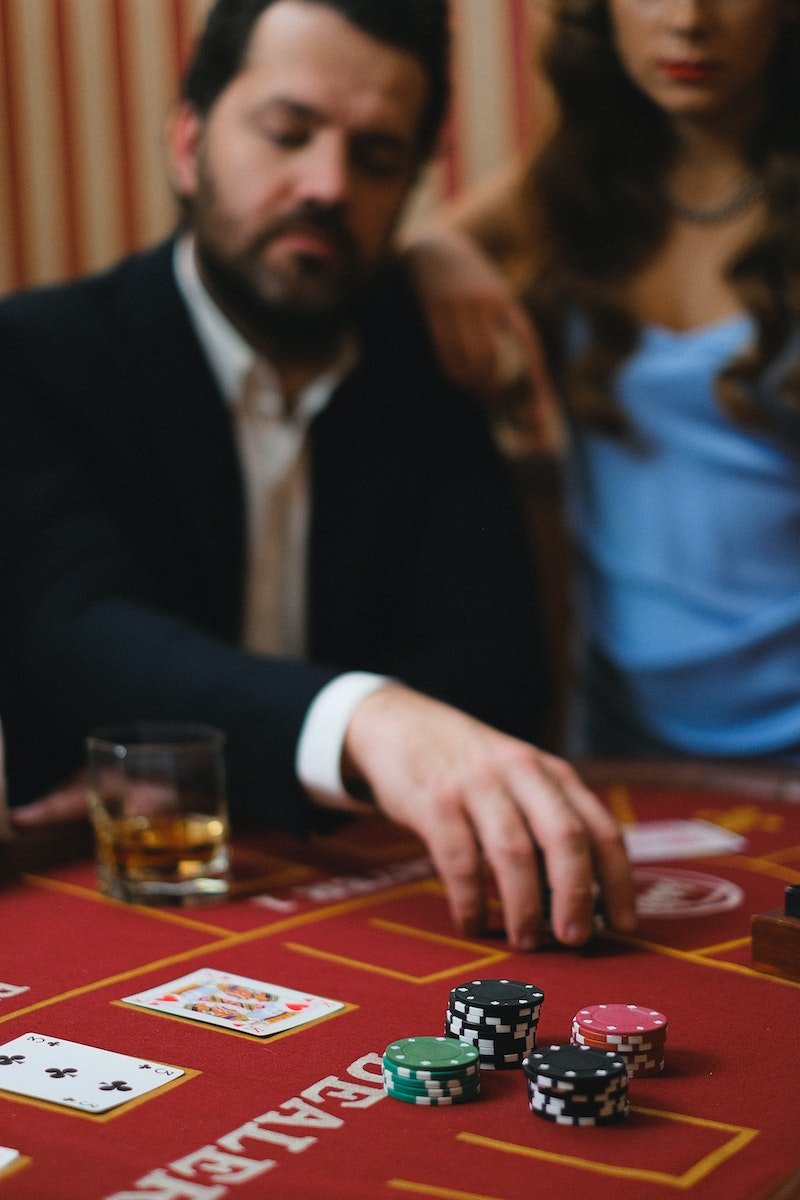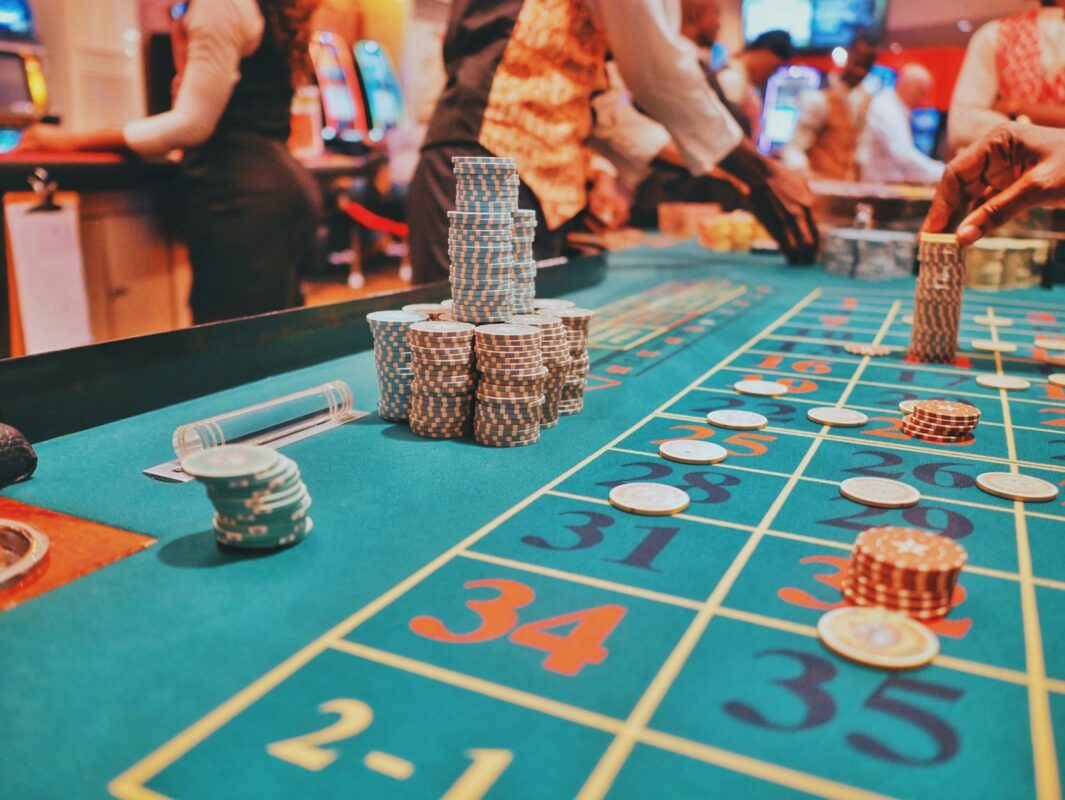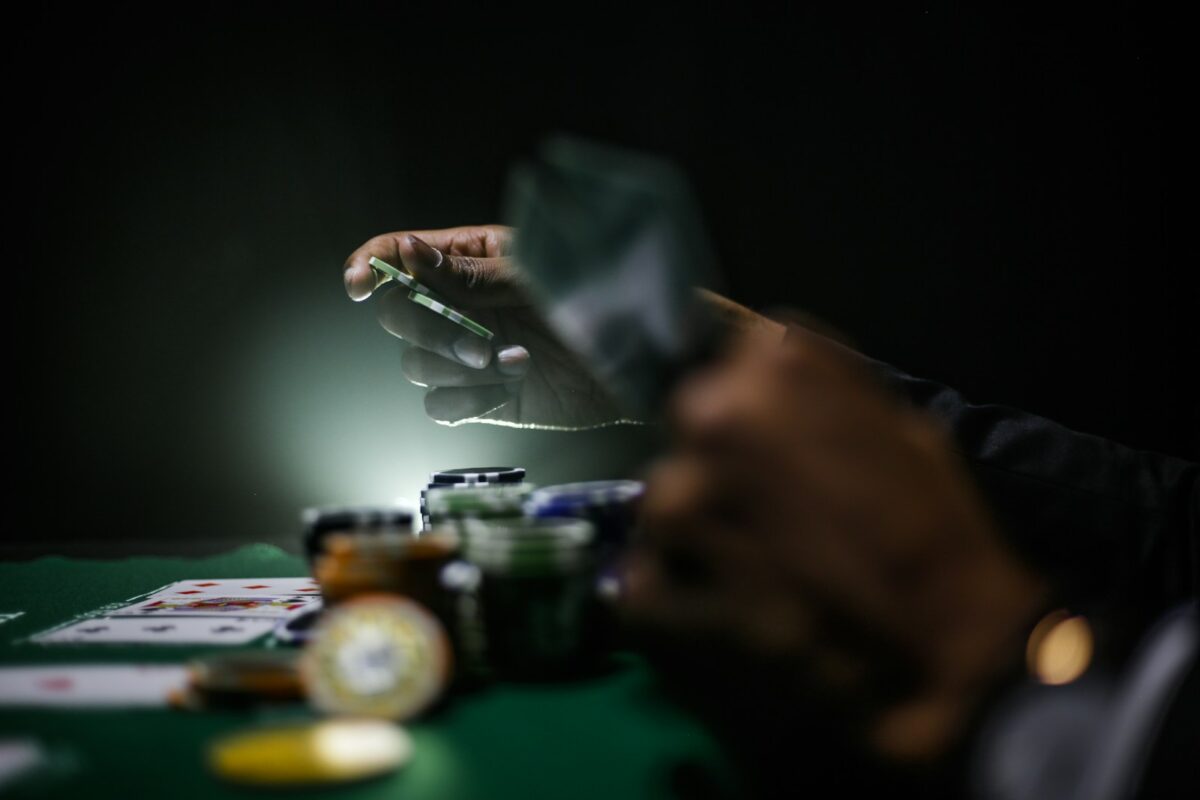Gambling Addiction
Gambling addiction, also known as compulsive gambling or gambling disorder, is a serious condition that can devastate the lives of men affected by it. Characterized by an uncontrollable urge to gamble despite negative consequences, it often leads to financial ruin, strained relationships, and significant mental health issues.











